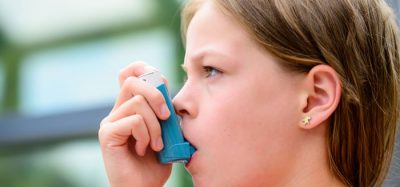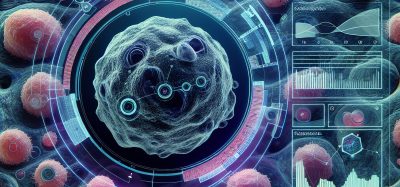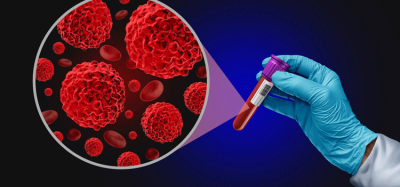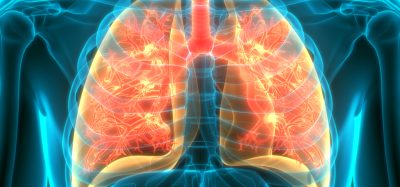Screening method finds potential drugs to repurpose against COVID-19
Posted: 13 July 2021 | Anna Begley (Drug Target Review) | No comments yet
Researchers have identified 38 drugs that could be repurposed to treat COVID-19 through a strategy involving virtual screening and cell-based assays.
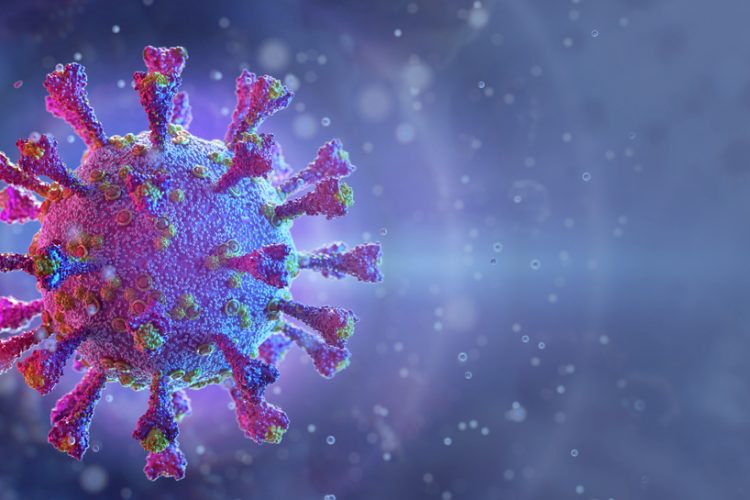

A joint research group from the Korea Advanced Institute of Science and Technology (KAIST) and Institut Pasteur Korea has discovered drugs that could be repurposed for COVID-19 treatment through virtual screening and cell-based assays. The team proposed the strategy for virtual screening with reduced false positives by incorporating pre-docking filtering based on shape similarity and post-docking filtering based on interaction similarity. According to the researchers, this method will help develop therapeutic medications for COVID-19 more quickly.
The team screened 6,128 drugs from a collection of US Food and Drug Administration (FDA)-approved drugs or those under clinical trial and identified 38 potential drugs to repurpose COVID-19. Among them, seven compounds inhibited SARS-CoV-2 replication in Vero cells and three of the drugs, emodin, omipalisib, and tipifarnib, displayed anti-SARS-CoV-2 activity in human lung cells, specifically Calu-3.
While drug repurposing begins with the virtual screening of approved drugs, the actual hit rate of virtual screening is low and most of the predicted drug candidates are false positives. The research group thus developed effective filtering algorithms before and after the docking simulations to improve the hit rates. In the pre-docking filtering process, compounds with similar shapes to the known active compounds for each target protein were selected and used for docking simulations. In the post-docking filtering process, the chemicals identified through their docking simulations were evaluated, taking into consideration the docking energy and the similarity of the protein-ligand interactions with the known active compounds.
The results showed that the virtual screening strategy achieved a high hit rate of 18.4 percent. This led to the identification of the seven potential drugs out of the 38 initially selected. However, the strategy is still to go through further pre-clinical trials. “We plan to conduct further pre-clinical trials for optimising drug concentrations as one of the three candidates did not resolve the toxicity issues in pre-clinical trials,” Woo Dae Jang, a researcher a KAIST, explained.
Nonetheless, the strategy could help accelerate the discovery of new treatments for COVID-19 and possibly other diseases. Professor Sang Yup Lee stated: “The most important part of this research is that we developed a platform technology that can rapidly identify novel compounds for COVID-19 treatment. If we use this technology, we will be able to quickly respond to new infectious diseases as well as variants of the coronavirus.”
The study was reported in PNAS.
Related topics
Assays, Cell-based assays, Disease Research, Drug Repurposing, Drug Targets, High-Throughput Screening (HTS), Pharmacology, Screening
Related conditions
Covid-19
Related organisations
Institut Pasteur Korea, Korea Advanced Institute of Science and Technology (KAIST)
Related people
Professor Sang Yup Lee, Woo Dae Jang




